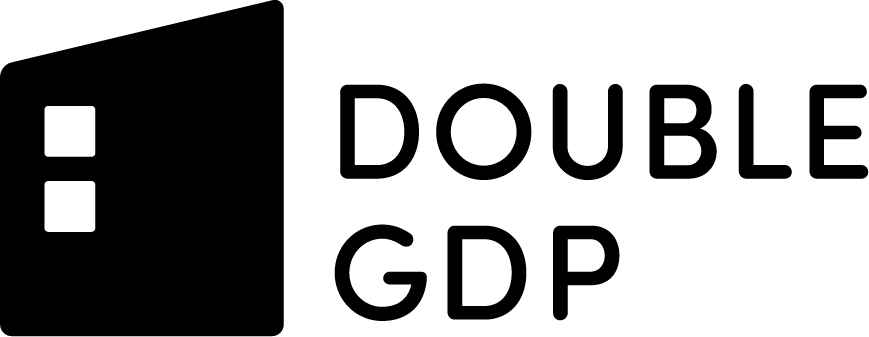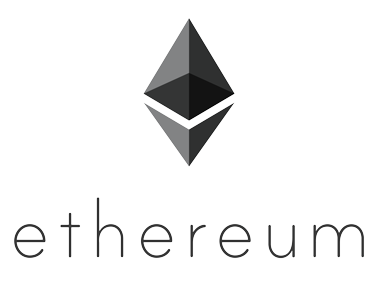Partners





There's a natural fit between blockchains and both of these categories. Anything happening on a blockchain is very easy to publicly verify, with lots of ready-made freely available tools to help people do that. Any application built on a blockchain can immediately plug in to and interface with other applications in the entire global blockchain ecosystem. Blockchain-based systems are efficient in a way that paper is not, and publicly verifiable in a way that centralized computing systems are not - a necessary combination if you want to, say, make a new form of voting that allows citizens to give high-volume real-time feedback on hundreds or thousands of different issues. Another interesting trend of the last year has been the rapid mainstreaming of crypto ideas such as coins, non-fungible tokens and decentralized autonomous organizations
Please contact us by Email for any further questions about the webinar 2022
crypto2022@coincity.org
Many national governments around the world are showing themselves to be inefficient and slow-moving in response to long-running problems and rapid changes in people's underlying needs. In short, many national governments are missing live players. Even worse, many of the outside-the-box political ideas that are being considered or implemented for national governance today are honestly quite terrifying.

Take a look at the last two events which took place in Chilenje and Nkwashi.






